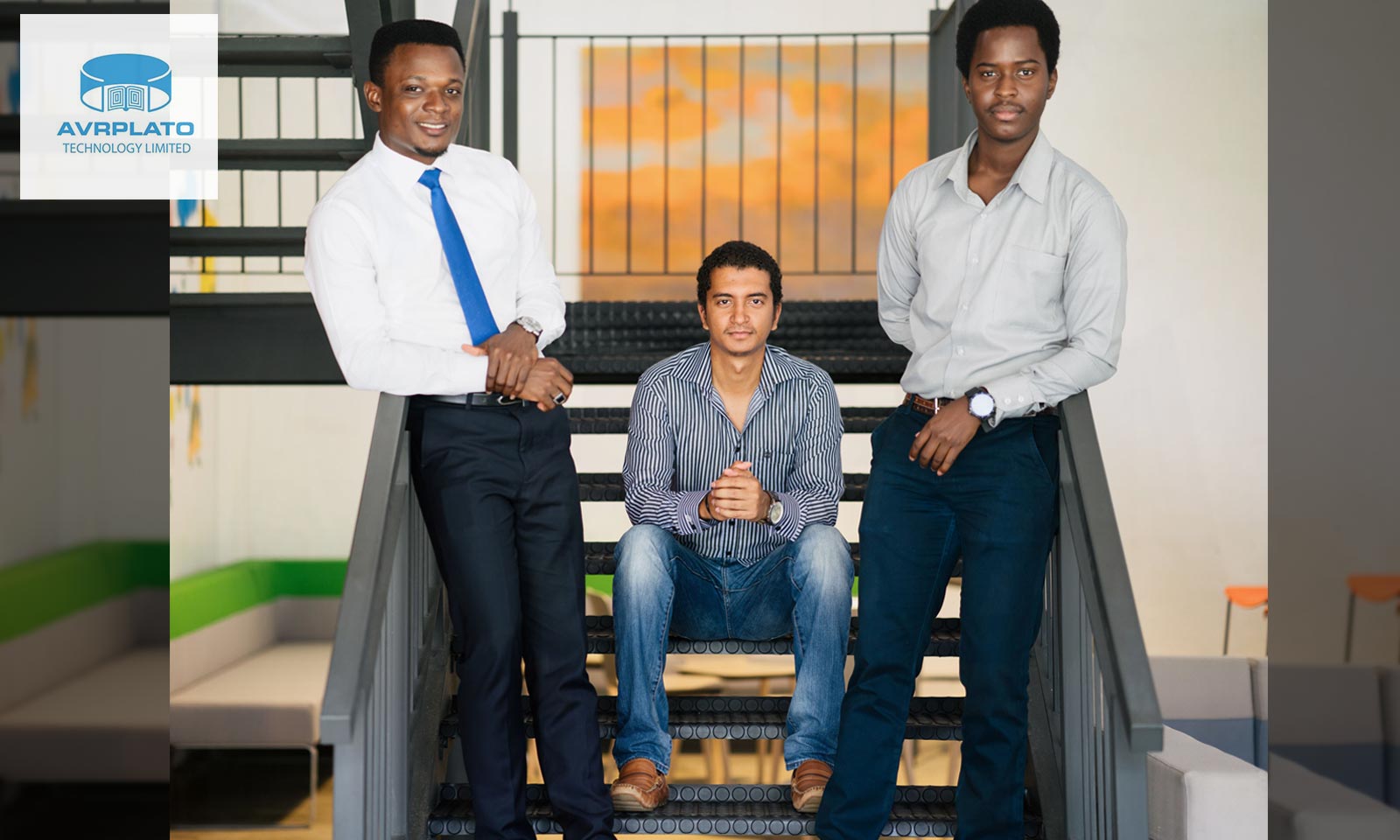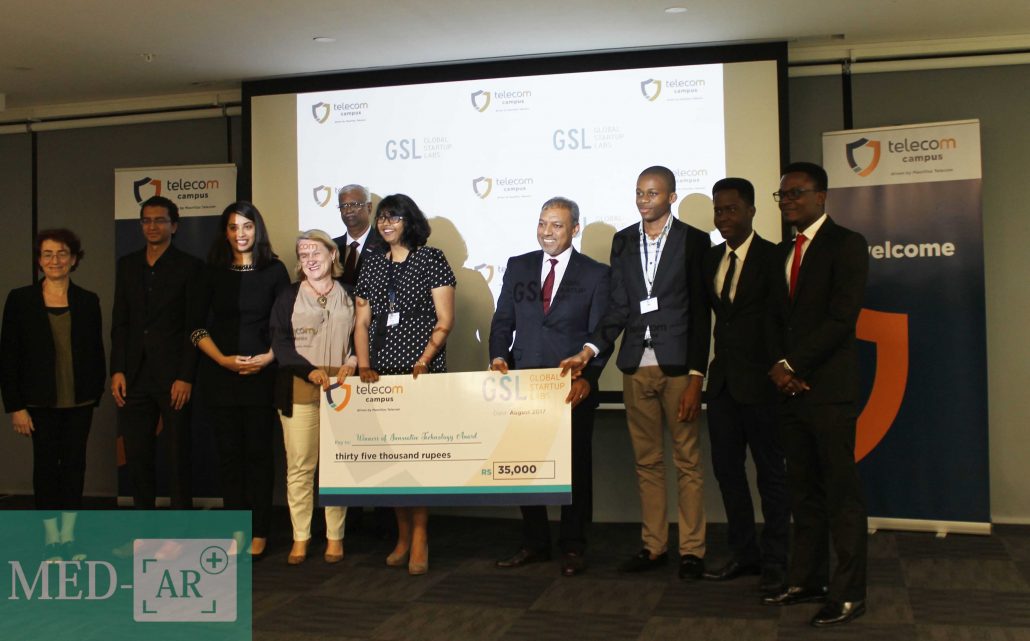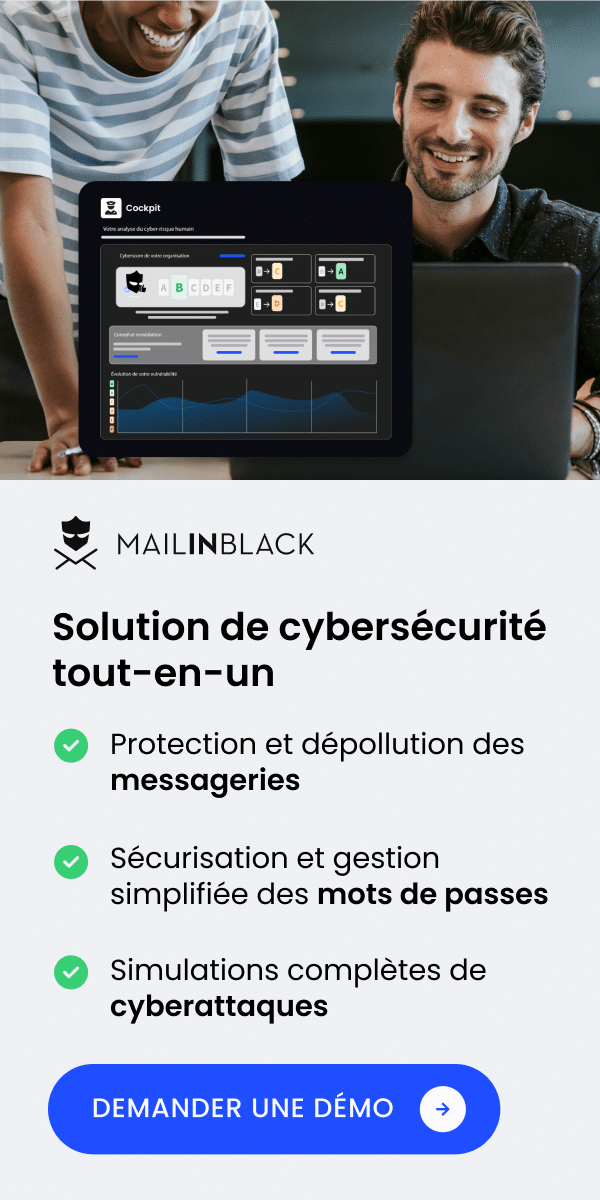These days, artificial intelligence is on everyone’s lips, as is augmented reality and new technologies, which are reshaping society. One thing is for sure, if most countries in the world are moving towards this accession, Mauritius is not left behind… AVR Plato Technologies, a Mauritian startup, has a vision to merge augmented reality and higher education for the benefit of medical students. Meet two members of this startup who tell us more…
New technologies are redefining all societies around the world. In the United States, France, China, and not to mention the African continent, the entire planet is moving towards innovation and the adoption of new technologies. The least we can say is that Mauritius is not lagging behind in the development and use of new technologies… Many start-ups are built around them and AVR Plato Technologies is an example.
This Mauritian start-up, co-founded by Shameer C.M Ramdin, Tabi Hope Okorn- Tabi and Wisdom Bello-Odofin, a strong team, aims to transform education in Africa through the creation of an interactive application for students.
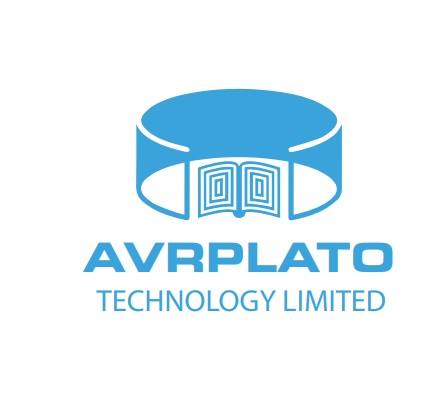
AVR Plato, which uses augmented reality, has created an interactive smartphone application. It will allow students to scan texts or images that will be transformed into an interactive 3D model.
Before we find out more about this Mauritian start-up, let’s understand what augmented reality is all about.
What is augmented reality ?
As mentioned earlier, Augmented Reality (AR) is an innovative technology that allows to superimpose content such as images, animations, or videos on a real time shot.
This technology is used in various fields and the immediate impact is long-lasting for those who experience it. Innovation, accessibility and mobility are the words that best characterize AR. Used properly, it can be a powerful vector of user engagement, with a significant retention rate.
This technology has yet to unlock all its mysteries, but it has a bright and promising future. It is this technology that the start-up AVR Plato had the good idea to use for the education sector, more precisely for medical students.
Shameer Ramdin and Wisdom Bello-Odofin, take us on their crazy entrepreneurial adventure, to explain their choice to create such a start-up !
How did you get involved in this entrepreneurial adventure ?
” Our entrepreneurial journey started with the MIT GSL (Massachussets Insitut of Technology – Africa Global Startup Labs) technology incubation program in collaboration with Mauritius Telecom. Having started the project with six of us, there are now three of us working on it, but the idea really came about during the GSL program in 2017. This 8-week program was completed at the end of August 2017, during which we received the award for best technological innovation.
The program then led us to La Turbine, where we are currently incubated. Before this incubation, we were followed during a whole process that lasted more than 5 months, as we were still at the conceptualization level of our start-up and the team itself. So in January 2018, we actually launched AVR Plato. ”
For the record, the GSL program brings together young people with an entrepreneurial streak around the transformation of their idea into a startup, all centered on the theme of new technologies. Students benefit from MIT’s resources free of charge, as it guides them through all the stages of creating their business for 8 weeks.
Why did you create a start-up combining augmented reality and medical studies ?
“The idea itself came from a team member, Tabi, who was a medical student for several years before switching to IT. Nevertheless, this period allowed him to identify the gaps that exist in the environment, particularly in terms of the resources available to help students assimilate the concepts taught. Gaps in learning methods, especially in Africa, where these have not really evolved.
From there, we really realized that we had to find a solution. Before starting, we went to meet the students to understand if this problem was justified. That’s when we really understood that the problem was legitimate and that our solution was significant in addressing it.
So we thought about augmented reality, because this technology can be easily implemented in a handheld device, making learning easier.”
What services does your startup offer ?
“Evolving in the field of augmented reality, our application offers solutions through educational applications called ORAMA. These applications would allow students to access content specific to their learning modules, while benefiting from the supervision of the institution’s management in the background. This proposal will encourage students to learn in a ” playful ” way, while allowing teachers to see their students’ progress and identify student shortcomings.”
As your service is aimed at students, have you already made contact with a school or other institution to present the application ?
“We have approached an institution, Socrates School of Health science, who is interested in testing our MVP (Editor’s note: Minium Viable Product) within the institution. Being still in the development stage, we will test the app at Socrates School once it is completed.”
What are you currently working on to make your application available quickly ?
“Our MVP is still in development, so we are stepping up our work to finish by the end of June. This will allow us to approach other people interested in the project, and to put the product forward. So we will have to study the market concretely to know where to launch our product.
As for the realization and full commercialization of the product, we expect to achieve this by the end of this year. The application itself has already been developed, it’s the content that we need to work on. We want to incorporate content based on the school’s curriculum, so we want to work closely with the schools. It is by following certain regulations, a curriculum specific to the institution and other schools, that the application can be launched.”
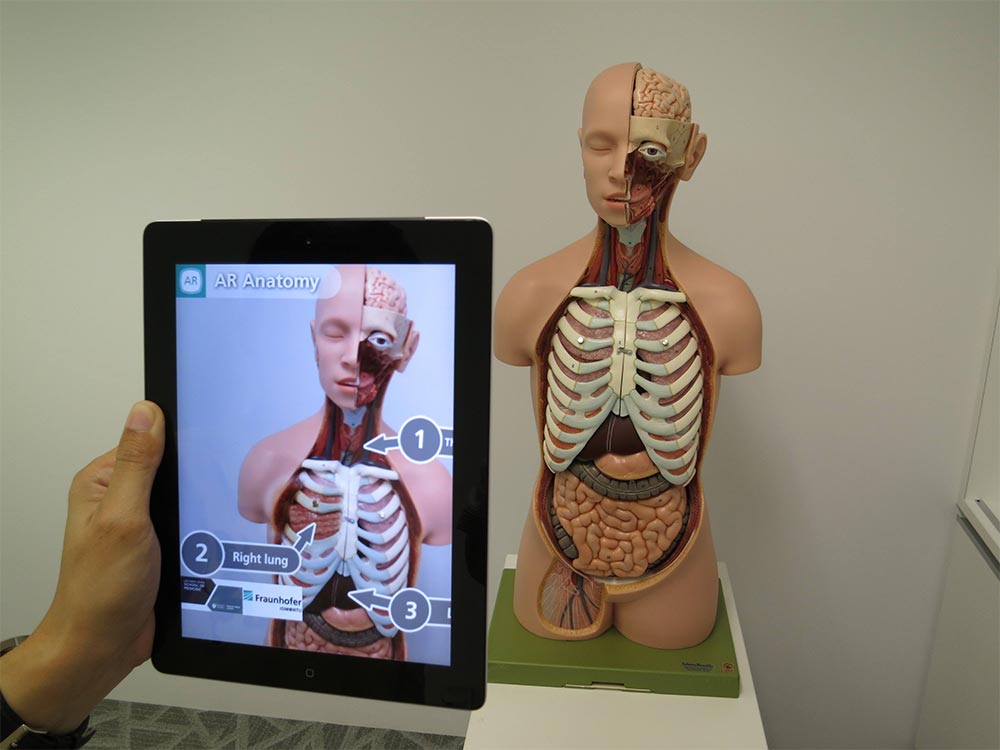
In Mauritius, the Ministry of Education and the MIE are responsible for the curriculum of schools. Have you ever approached one of these bodies ?
“We are indeed looking into the possibility of approaching these bodies, but what we are interested in is connecting with medical schools. The first phase of our application is devoted to anatomy, hence our approach to institutions specializing in the field of medicine.”
Do you intend to restrict the application to Maurice ?
” We are targeting the African market, but the application can be aimed at an international audience. We will then upload the application to our website so that institutions can purchase it and introduce their own curriculum. We will provide the application with a preset curriculum such as by biology or even chemistry, also, interested parties will only have to buy the product. “
This startup is no slouch, even though it had to struggle to find the funding, just like any other startup. This search for funding has taken the AVR Plato team all the way to Nigeria, where it is one of the start-up recipients of a grant from the
Tony Elumelu Foundation
. The Ict.io Redac had also relayed the information in one of its previous editions, ” Des start-ups mauriciennes subventionnées par une fondation nigérienne “.
AVR Plato is a Mauritian start-up to watch closely for its initiative to make learning methods interactive ! We wish them to continue to persevere in their entrepreneurial adventure and to continue to shape the world of tomorrow in the colours of technology.

